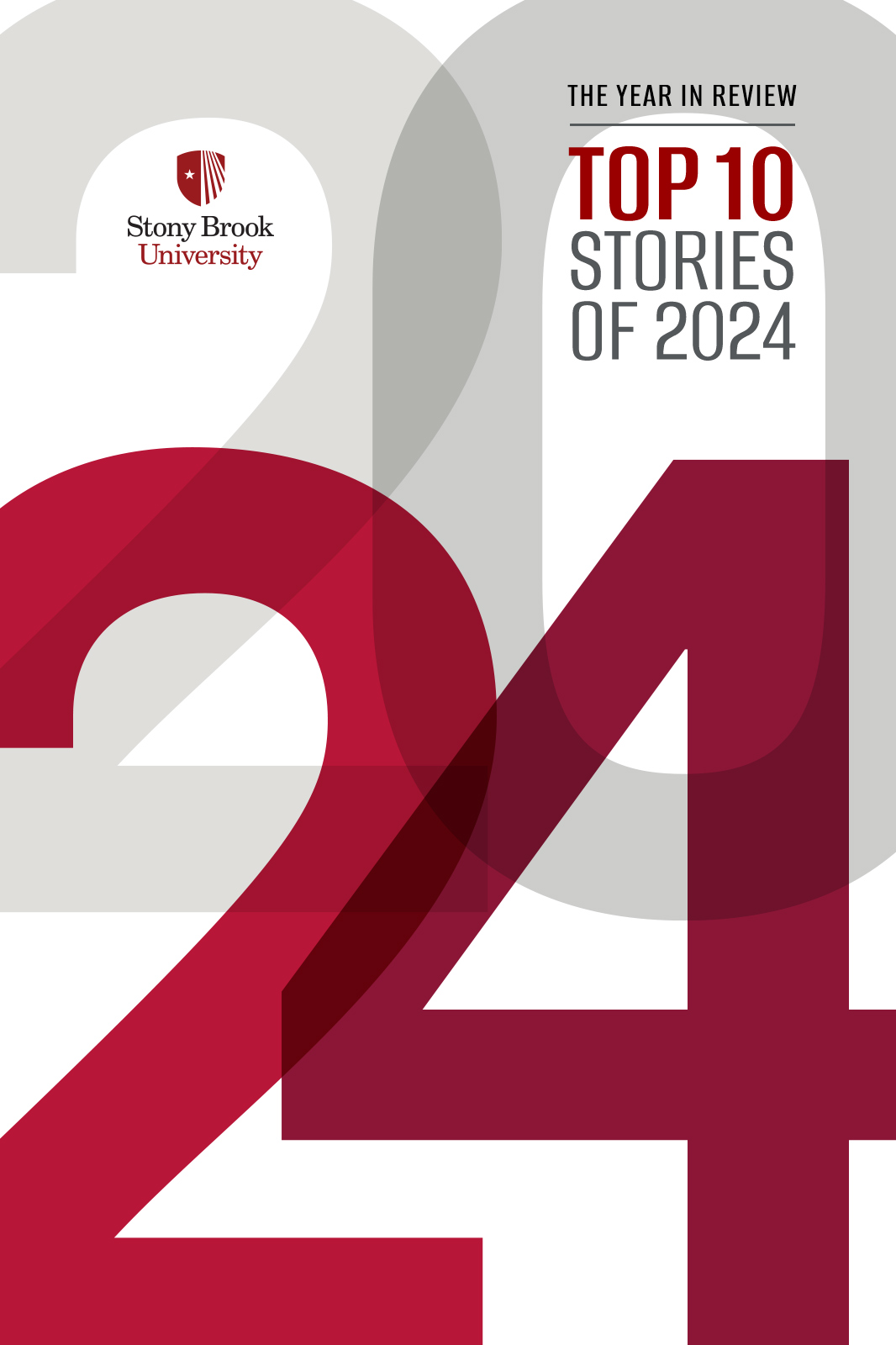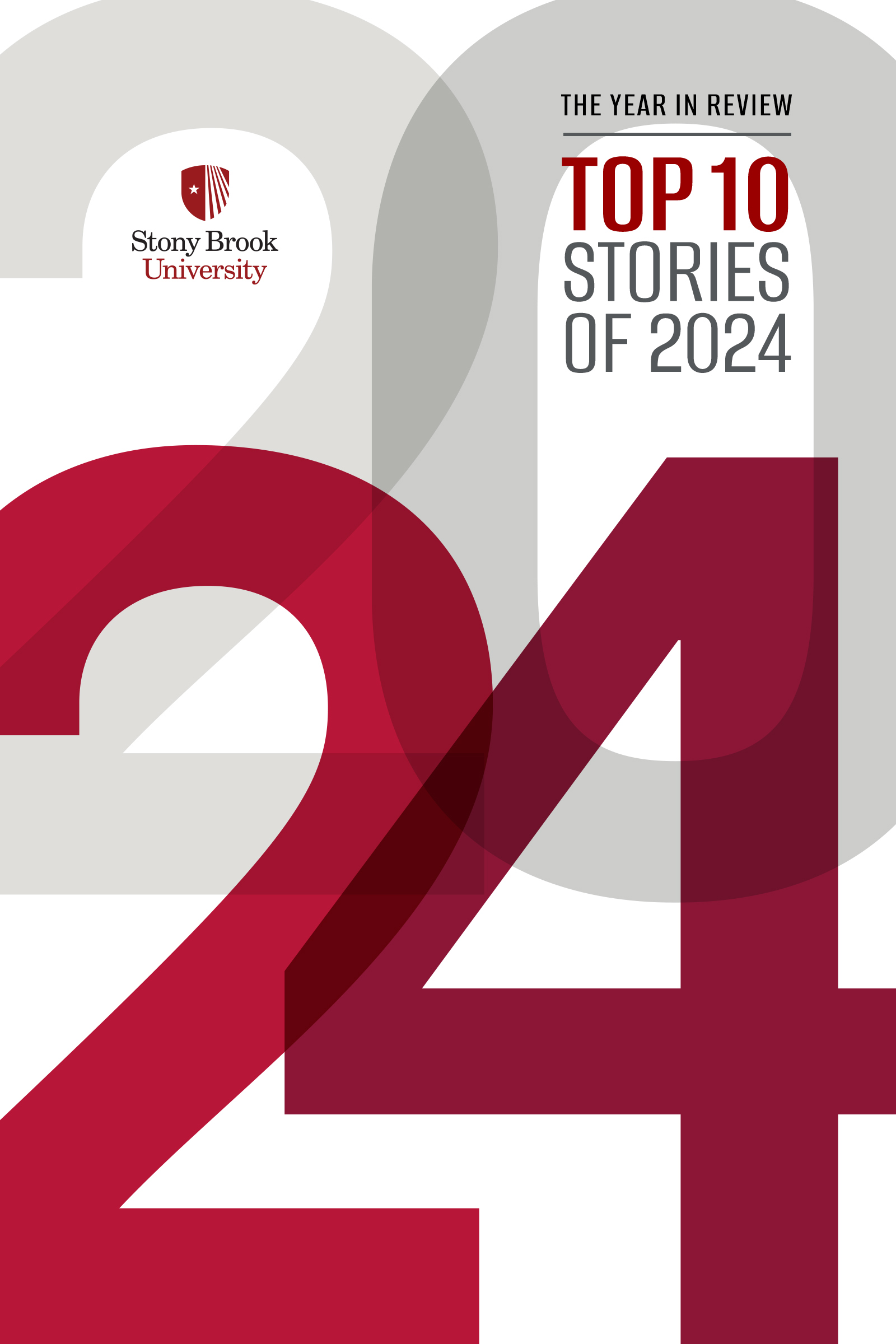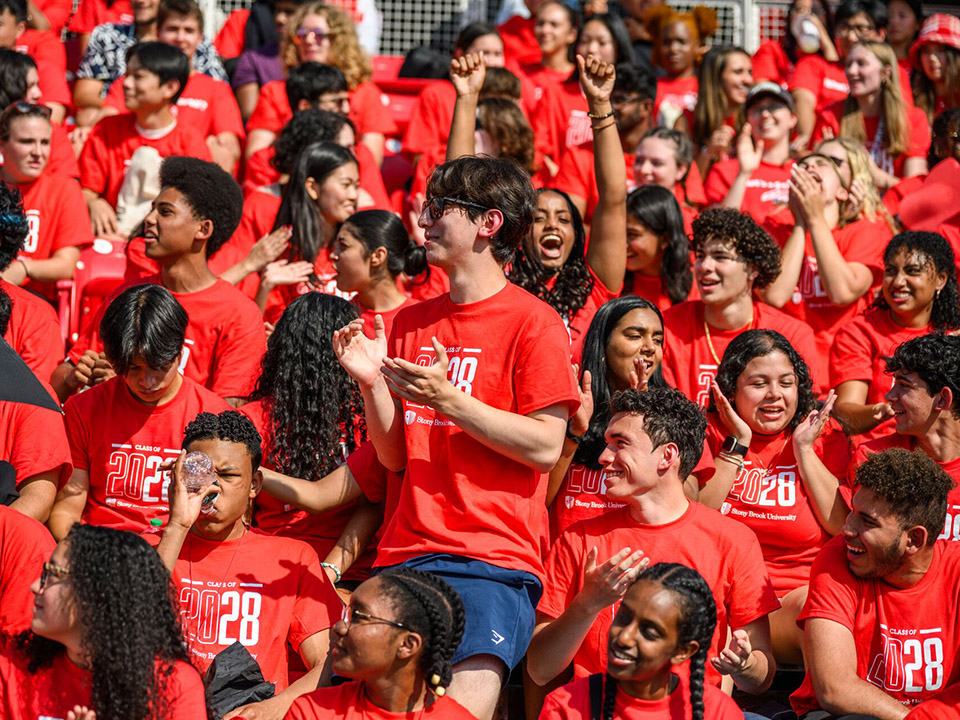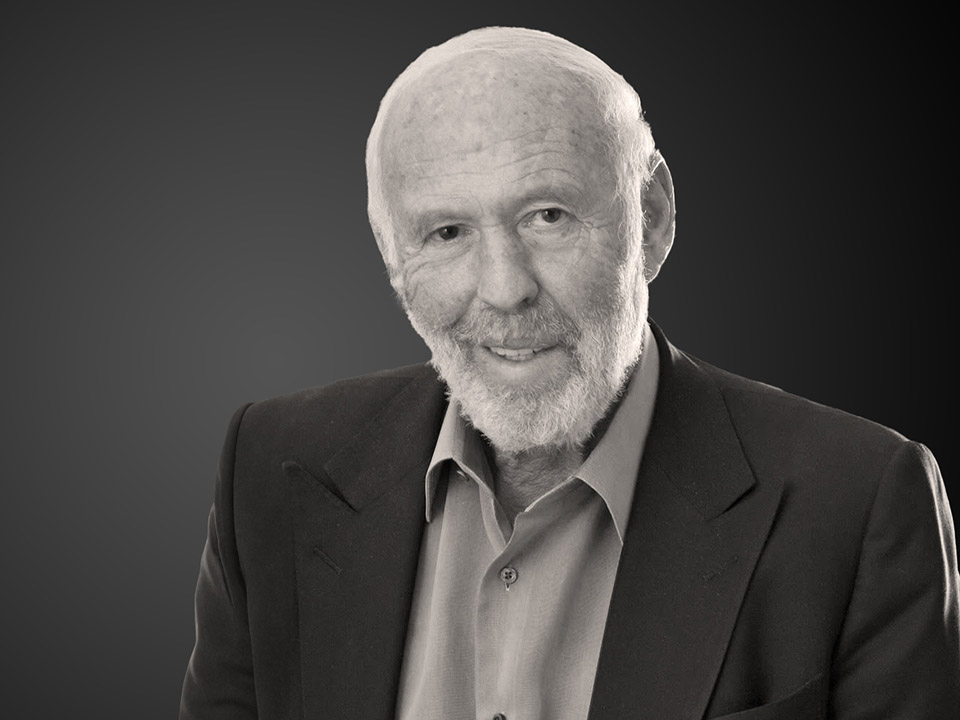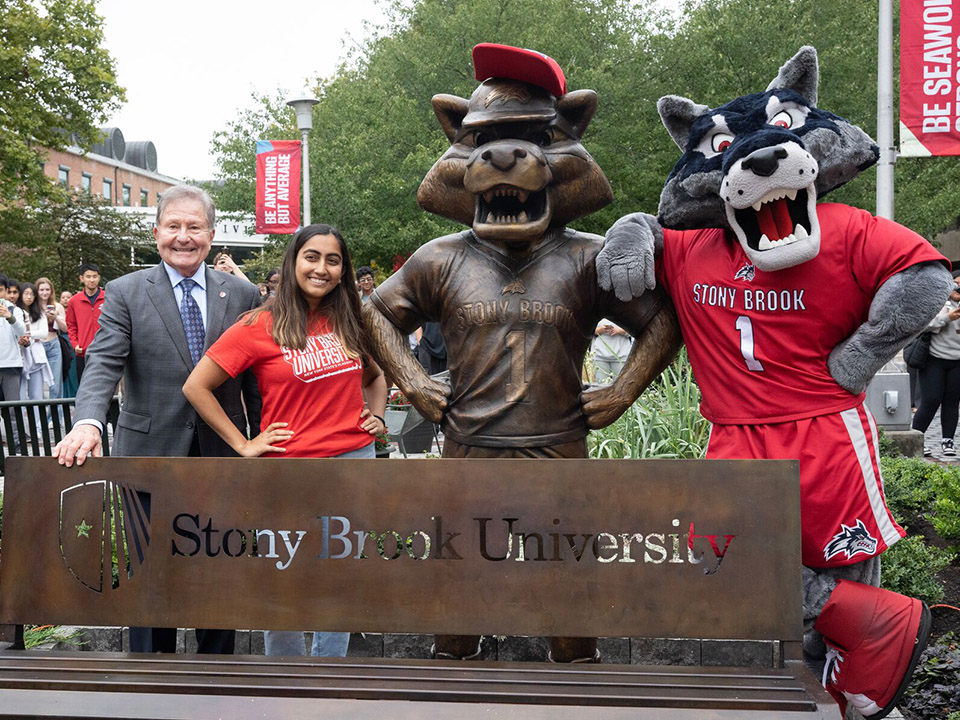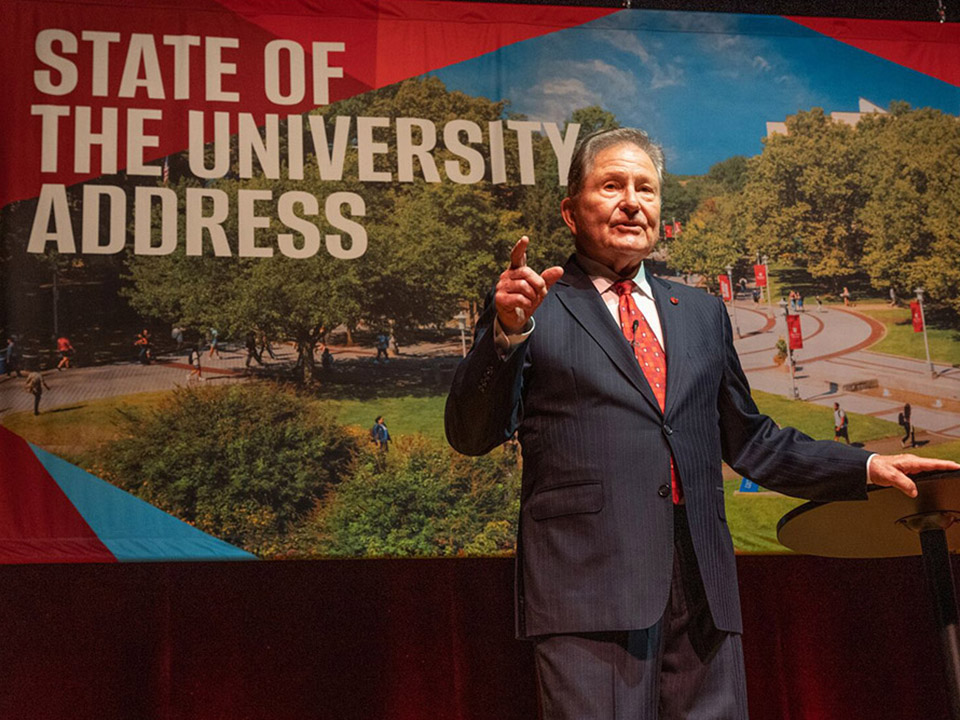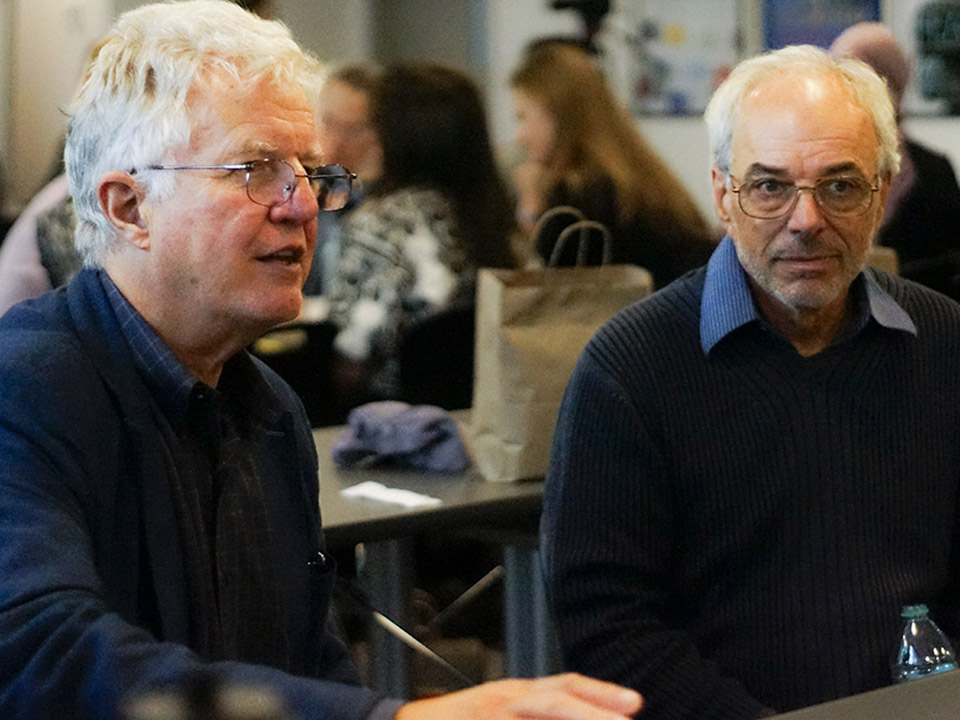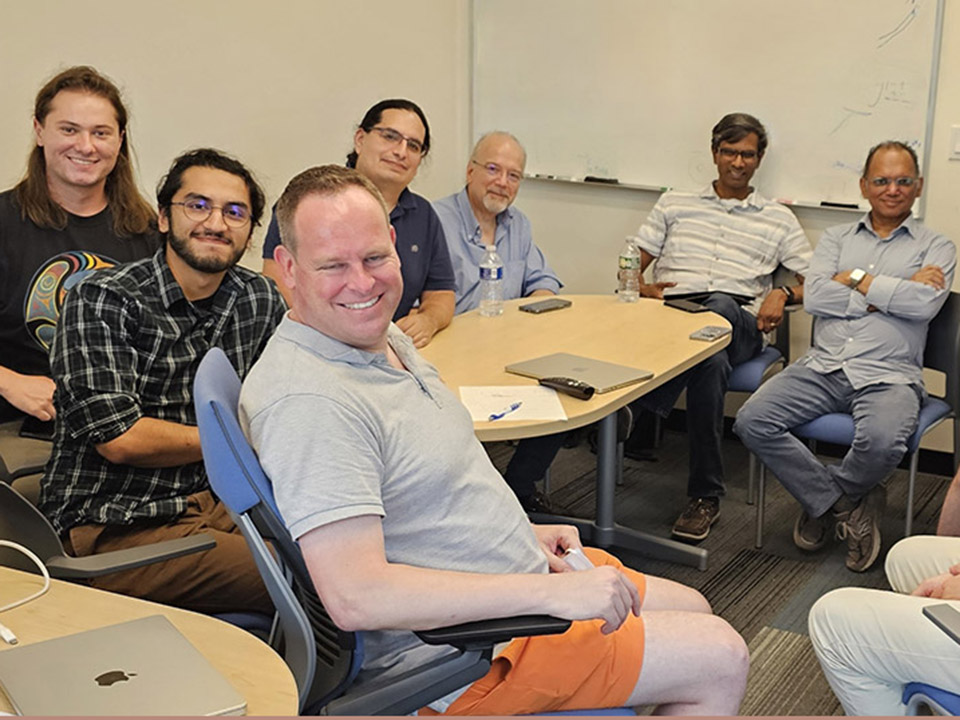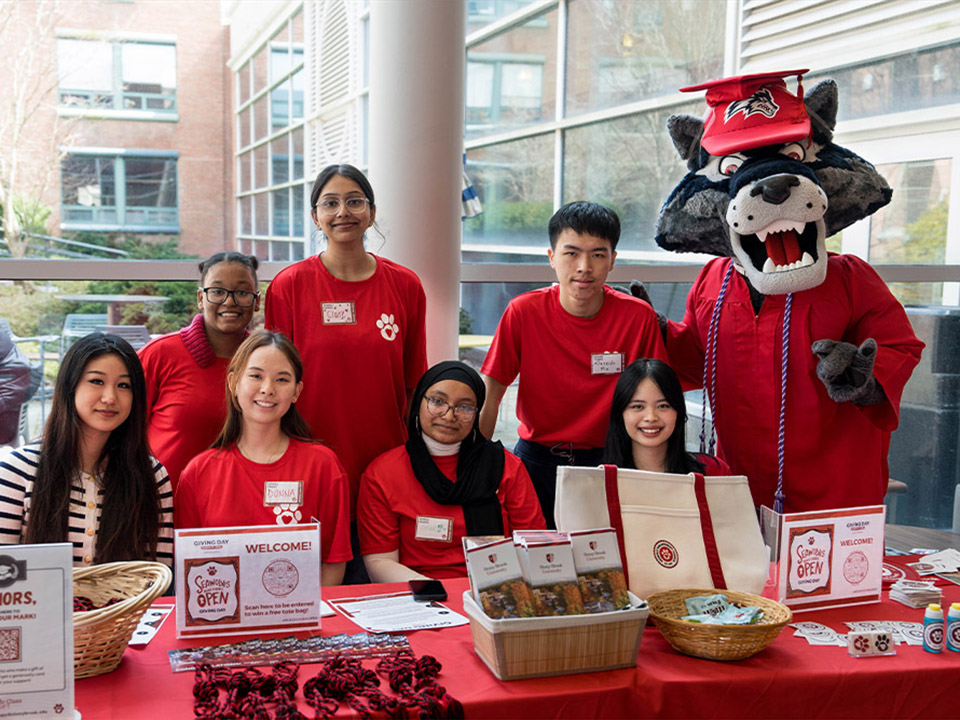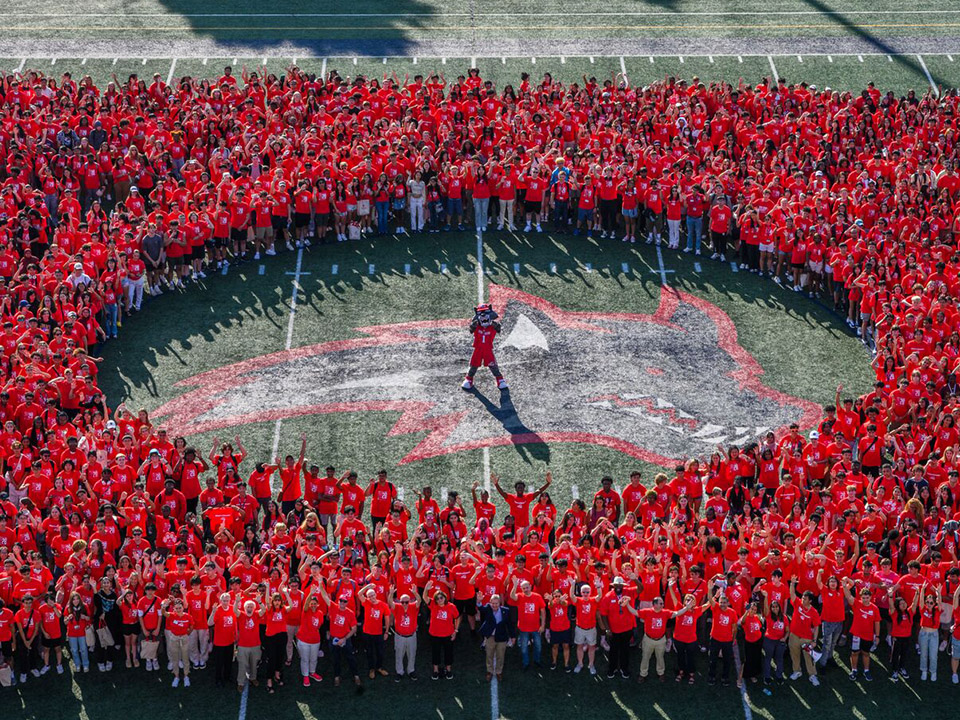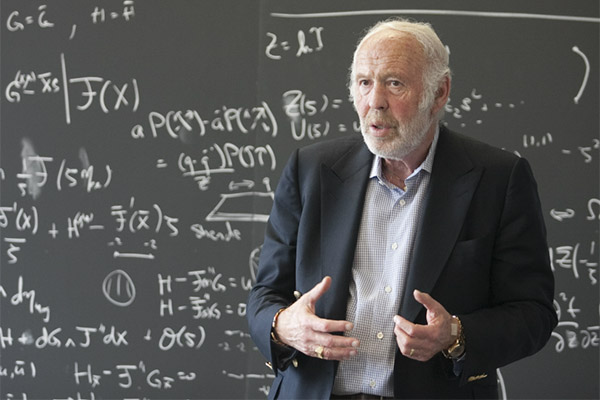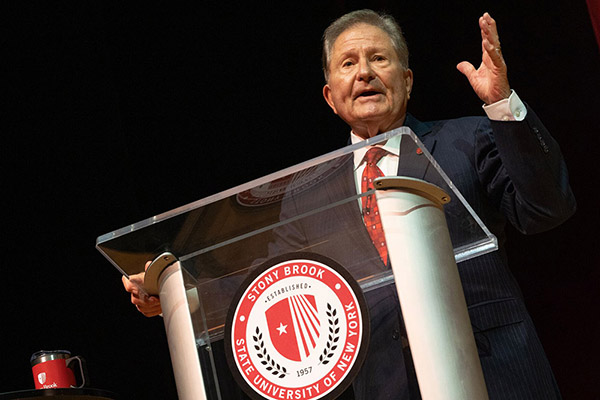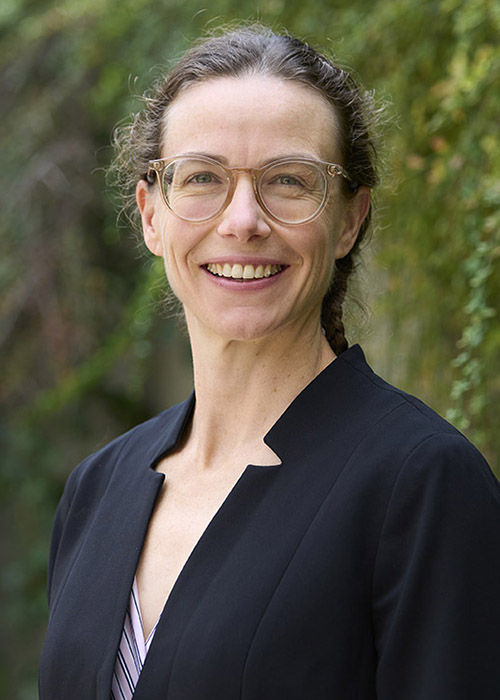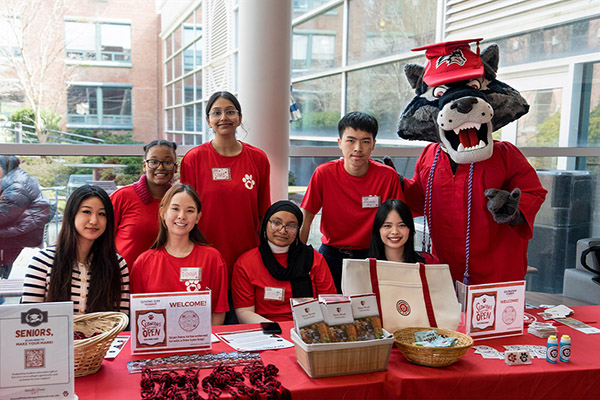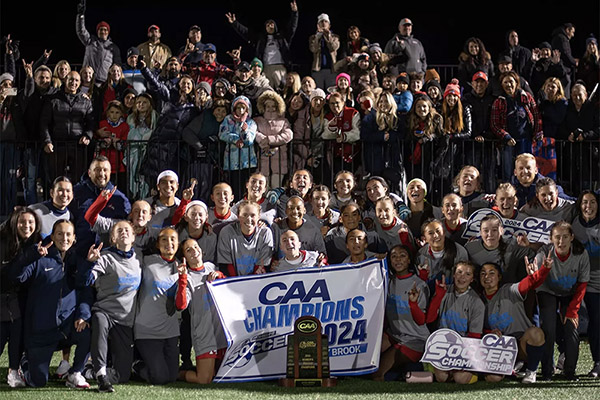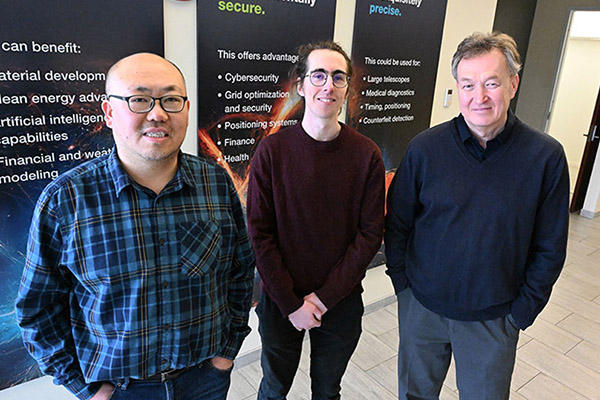
Stony Brook University continued to be a world leader in quantum science in 2024.
In a landmark achievement, Stony Brook, in collaboration with Columbia University, Yale University and Brookhaven
National Laboratory, was chosen to lead a project in the competitive National Quantum Virtual Laboratory (NQVL) program. This initiative, funded by the U.S. National Science Foundation, marks a
pivotal moment in advancing Quantum Information Science and Technology (QIST) in the
United States.
Led by PI Eden Figueroa, Stony Brook Presidential Innovation Endowed Professor and
director of the Center for Distributed Quantum Processing, the team’s proposal targets
to design and implement a 10-node quantum network connecting state of the art laboratories
at Stony Brook University, Brookhaven National Laboratory, Columbia University, and
Yale University, creating the Stony Brook-Columbia-Yale Quantum Network (SCY-QNet).
Additionally, theorists and computational scientists at Stony Brook and Brookhaven National Laboratory ran a series of quantum simulations to explore entanglement. The study seeks to explain
the behavior of subatomic particles.
“The essential idea behind entanglement is that two quantum objects — say, two particles
— can be correlated, or aware of one another, even if they are separated by very large
distances,” explained Dmitri Kharzeev, distinguished professor in Stony Brook University’s
Department of Physics and Astronomy, who led the research.
Kharzeev and his colleagues developed simulations that revealed persistent strong
entanglement, at least for short distances. The method offers insights into ways to
retrofit and leverage existing computing assets for running quantum calculations until
more practical quantum computers come along.

